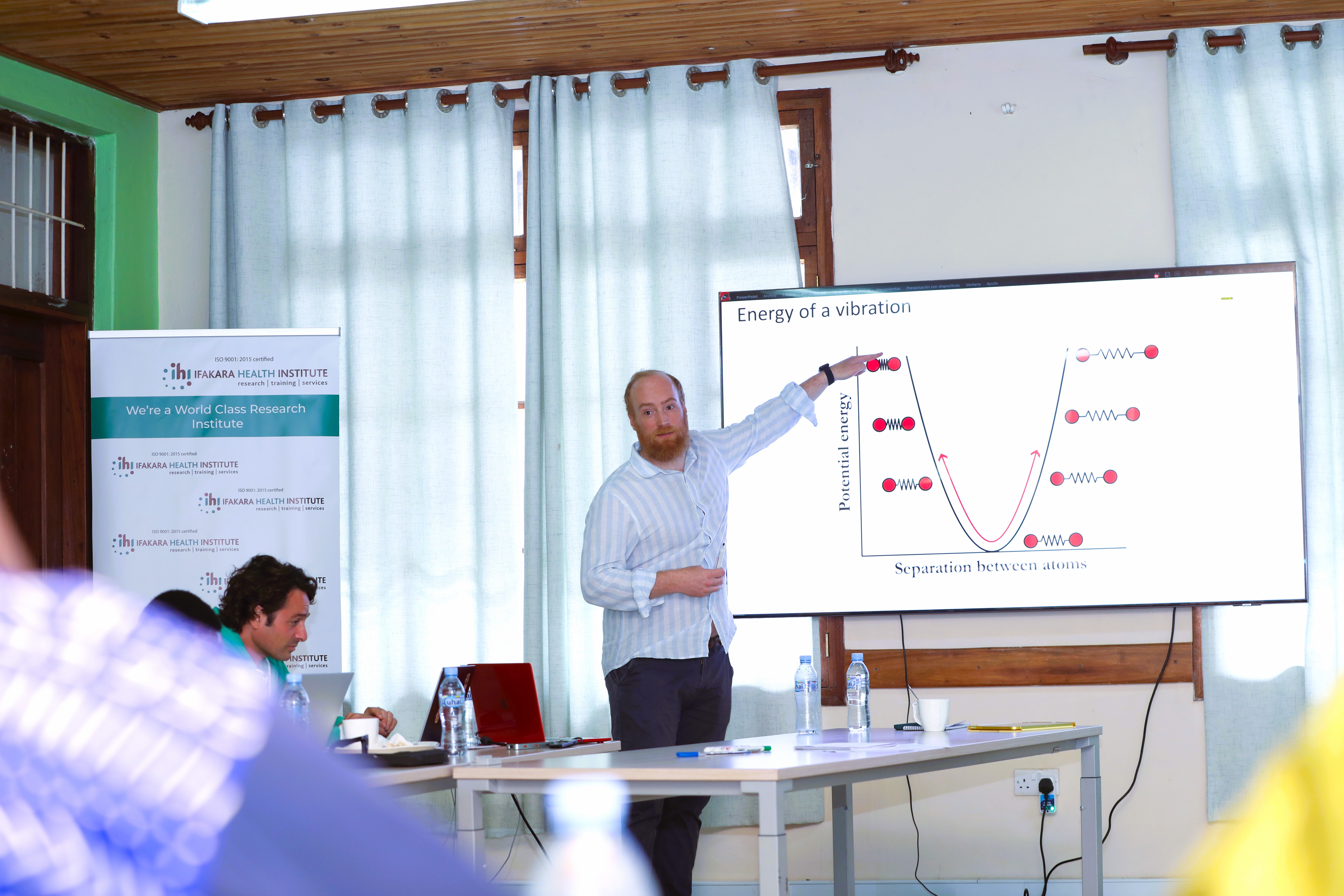
TRAINING: Scientists sharpen skills on new mosquito surveillance technologies

From July 1-5, 2024, the Ifakara Health Institute; the University of Glasgow, the Institut de Recherche en Sciences de la Santé (IRSS) and Pan-African Mosquito Control Association (PAMCA) conducted a specialized training course on the use of infrared spectroscopy and machine learning for vector surveillance.
Held at the Ifakara Health Institute’s branch offices in Ifakara Town, the training brought together scientists working in vector control from various malaria-endemic African countries, along with experts from Ifakara, IRSS, the University of Glasgow and PAMCA. The initiative aimed to enhance malaria vector surveillance by applying advanced spectroscopic and machine learning techniques.
Represented countries include Kenya, Uganda, Malawi, Benin, Cameroon, Burkina Faso, and Tanzania.
Participants engaged in the hands-on course, providing them with comprehensive knowledge and practical experience in using spectrometers, including mid-infrared (MIRS) and near-infrared (NIRS) technologies. They sucessfully learned to collect and assess data from mosquito samples, visualize datasets, and apply machine learning techniques for species identification and age grading.
